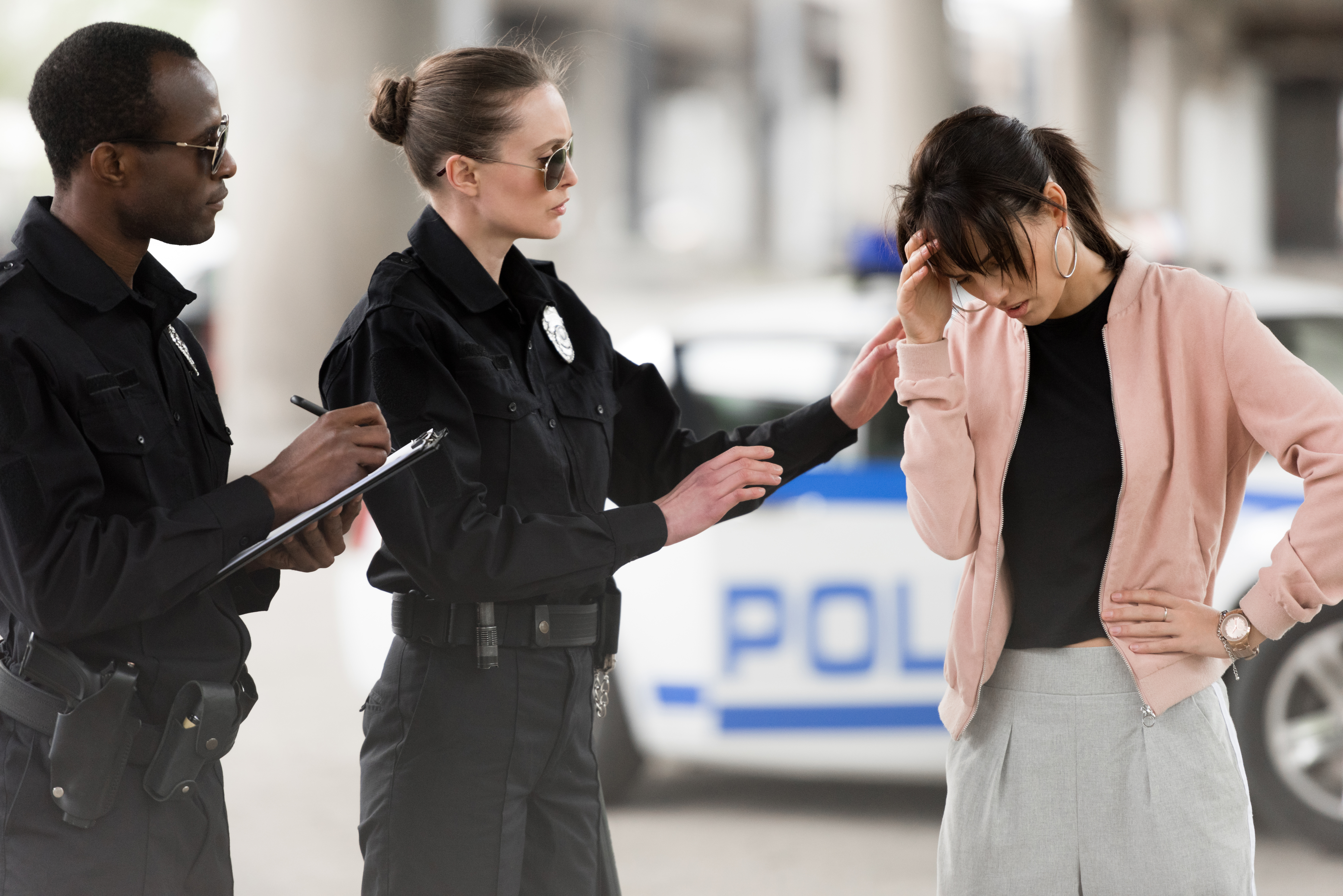“If you look at the Center for Disease Control, they’ve told us that one in five women will be the victim of an attempted or completed rape in their lifetime. That’s 31 million U.S. women,” said Detective Mark Wynn during an interview with Campus Safety. I could hear the disbelief in his voice when sharing that statistic, especially when he pointed out that 31 million women almost amounts to the entire population of Canada.
Detective Wynn, of Wynn Consulting, presented at the Conference on Crimes Against Women in April, on victims of domestic violence and sexual abuse and the role law enforcement plays in these types of cases.
Wynn, who is a survivor of domestic violence himself, began his police work in the 1970s. Since then, he has focused his career on ending violence and abuse, whether it be consulting survivors or training police officers to effectively deal with victims.
Forty years ago, he explained, domestic violence was not a crime, but a nuisance call. Today, as laws and policies have been established, domestic violence is seen as a widespread issue that requires serious attention.
“We’ve got specialists in the field — of sex assault, dating violence, domestic violence, stalking — we never had that expertise in the past,” he said. “It’s not as fast as I’d like to see it evolve, but it is evolving.”
Police Training (or Lack of) Can Affect Victims, Cases
Wynn says it is crucial for law enforcement to be trained in dealing with victims of assault or abuse for a variety of reasons. Without proper training, victims may not feel comfortable talking to police, cases may be closed earlier than they should and victims may never find the courage to leave their abusers.
According to Wynn, the average number of domestic violence training for any officer is around 12 hours. That means some academies could be giving as little as one or two hours of domestic violence training.
The goal is to get law enforcement leadership nationwide to understand the value of investing time with officers in this area early on in their careers.
“The better we get, the more victims report,” he said.
Understanding Trauma and Reluctance
Being able to understand signs of trauma in a victim plays a huge role in domestic violence cases.
According to the Mayo Clinic, during a sexual assault or other traumatic event, victims typically focus on the main event and often forget peripheral details that could be helpful in a case.
Seeing signs of trauma can help prevent officers from “closing a case out because [the victim] can’t remember all the details, but understanding that [the victim’s] memory is fragmented because of the trauma,” Wynn said.
Throughout his career, Wynn has also seen victims who are worried about talking to police about domestic violence.
“Training police to understand why [the victim] is reluctant is a big step forward,” he said.
That reluctance could also impact a victim’s decision to leave their abuser. Wynn says closing the door on a victim, no matter the reason, can doom them.
“Leaving a lifeline to that victim, that is life and death stuff,” he said. “We [law enforcement] are the gatekeepers, and that gate has got to stay open for the victim to walk through.”
Being Aware of Body Language
Non-verbal communication should be considered when speaking with anyone, but especially when speaking with a victim of abuse.
“Because of their experience, victims learn to read people,” Wynn said.
Some examples of what not to do while speaking with a victim include:
- Stand over the victim
- Sit down while they stand (or vice versa)
- Cross arms/fold fingers
- Look distracted or preoccupied
- Check your watch while they speak
- Interrupt
By avoiding this type of body language, a victim may feel more comfortable opening up to an officer about their abusive relationship or reporting a rape.
“They’re not talking about the sexual assault because they haven’t trusted us,” he said.
Better training and more understanding of a victim will help with that lack of trust, and Wynn says he sees those “on the horizon for police.”
If you or someone you know is a victim of domestic violence or abuse, here are some resources:
Mark Wynn is a domestic and sexual violence prevention trainer and consultant. Find out more about him here.













